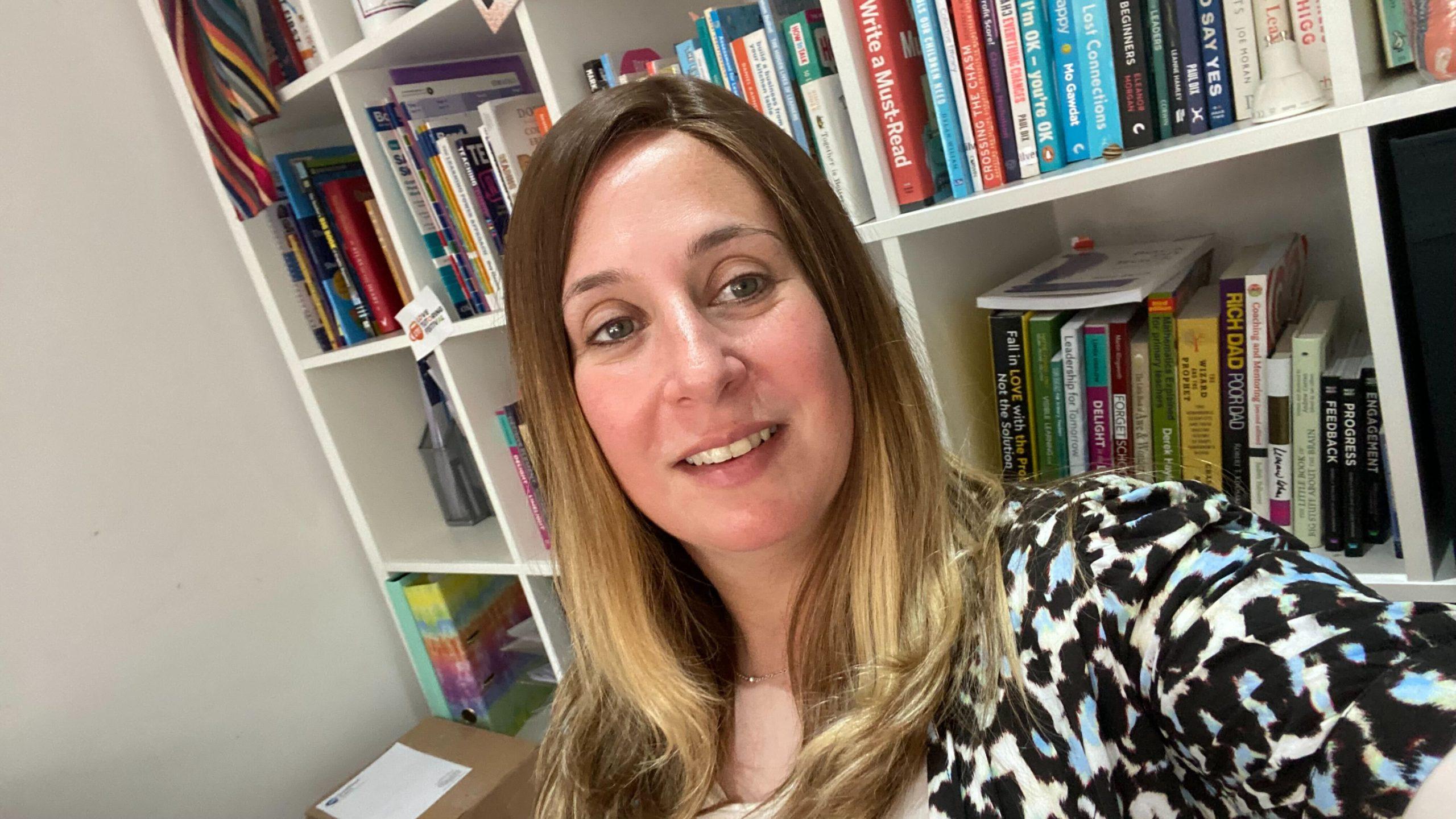
What is the truth? Well, as pointed out in the second post of this series, the truth is relative to our understanding. All very philosophical, but true nonetheless. Or is it … ?
Once we have realised that the truth may be different depending on whose perspective we are learning from, it can (temporarily) become harder to manage challenging behaviour. We are conditioned to understand right and wrong as binary ideas. We are also conditioned, in the UK, to seek punitive justice for wrongdoers.
I think the idea of community is a really important part of how we manage behaviour and support young people with their challenges in the classroom. It is easy to forget, as a tutor, that we are part of a broad network of people that form a community around the child. They have other tutors and education professionals, they have at least one parent or carer, they have their peers, their wider family.
As a tutor, we are often working outside of the systems that support teachers in managing behaviour. By that, I mean that we usually can’t fall back on a detention or other form of punishment when a student is misbehaving. We have to rely on something else. “What else?” I hear you cry.
Well …
We must understand that we are a community, not a criminal justice system, and our actions need to be about whatever we can do at this time, with the resources we have in the moment, to make this situation a little better.*
So, what can you do right now? What do you already have available to you? What does ‘a little better’ look like?
_______________________
*Chapter 6: Building a Culture of Consent. Easton, D. and Hardy, J.W. (2017). The Ethical Slut : a practical guide to polyamory, open relationships and other adventures. 3rd ed. California: Ten Speed Press.
Recommended Posts
Why Qualified Tutor? Why Now?
The story of QT is one of passion, patience and persistence. When the idea of supporting tutors first came to me in 2019 I was leading a lovely primary school in North London. That’s where I discovered that the best way to improve outcomes for learners is to develop...
Perfectionism in Education
Perfectionism is a term spoken about much, but little time has been spent reflecting on where it comes from and the consequences of having a perfectionist mindset. On the surface, perfectionism sounds ideal in the sense of wanting to do your best all the time. And for...
Taking time off as a tutoring business owner
Let’s be honest – tutoring takes time, energy, and compassion. We so often give this to our students, reminding them of the importance of breaks during study time, or the need to give themselves compassion if they aren’t quite “getting it” yet.



0 Comments